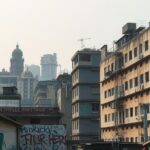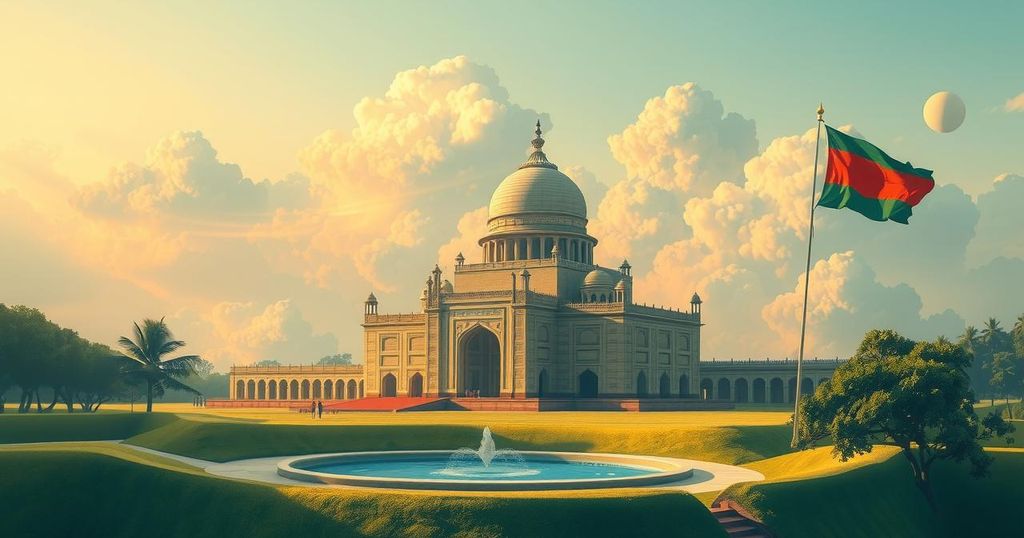Troops in Dhaka: Speculations Rise About Military Coup in Bangladesh
Speculation of a military coup in Bangladesh is growing due to the army’s recent troop deployments in Dhaka amidst tensions with student leaders. Army chief General Waker-u-Zaman’s expressed dissatisfaction with the interim government adds to concerns. Despite rumors, Zaman emphasizes stability and the army’s commitment to prioritize national interests amid increasing pressures.
Recent developments in Bangladesh have ignited speculation regarding a potential coup or emergency declaration, spurred by the entry of the army’s 9th Division into Dhaka amidst escalating tensions between student leader factions and the military. Although the army has dismissed these claims as mere rumors, the situational context has heightened concerns about the military’s intentions toward the interim government led by Nobel laureate Muhammad Yunus.
The arrival of troops from the Savar-based 9th Division has intensified discussions about possible actions against Yunus’s government. Army chief General Waker-u-Zaman has openly expressed his dissatisfaction with the country’s trajectory since Sheikh Hasina’s exit, warning army personnel of instability that he attributes to internal chaos. Moreover, the army’s reluctance to accede to student leaders’ demands for an Awami League ban only exacerbates these tensions.
An emergency meeting was convened on a recent Monday, presided over by General Zaman and attended by senior officers. Discussions reported by India Today hinted at the army considering actions to declare a state of emergency or potentially overthrow Yunus. There is also contemplation of establishing a national unity government under military oversight as a means to restore order.
Despite growing rumors, General Zaman has called for composure among military ranks, urging a focus on stability. He emphasized, “the country and its people remain the army’s highest priority,” underscoring the need for vigilance against provocations that may further destabilize the nation’s situation. Since Hasina’s departure, the military has taken on roles typically reserved for the civil administration, a development that adds complexity to the current political climate in Bangladesh.
The political landscape in Bangladesh is increasingly fraught with uncertainty as military movements raise alarms over a potential coup or emergency declaration. With the army’s growing discontent and direct criticism of the interim government led by Muhammad Yunus, the atmosphere is tense. The military leadership urges calm, yet the recent troop deployments in Dhaka continue to feed speculation regarding the army’s intent and the future of governance in Bangladesh.
Original Source: thefederal.com








Post Comment